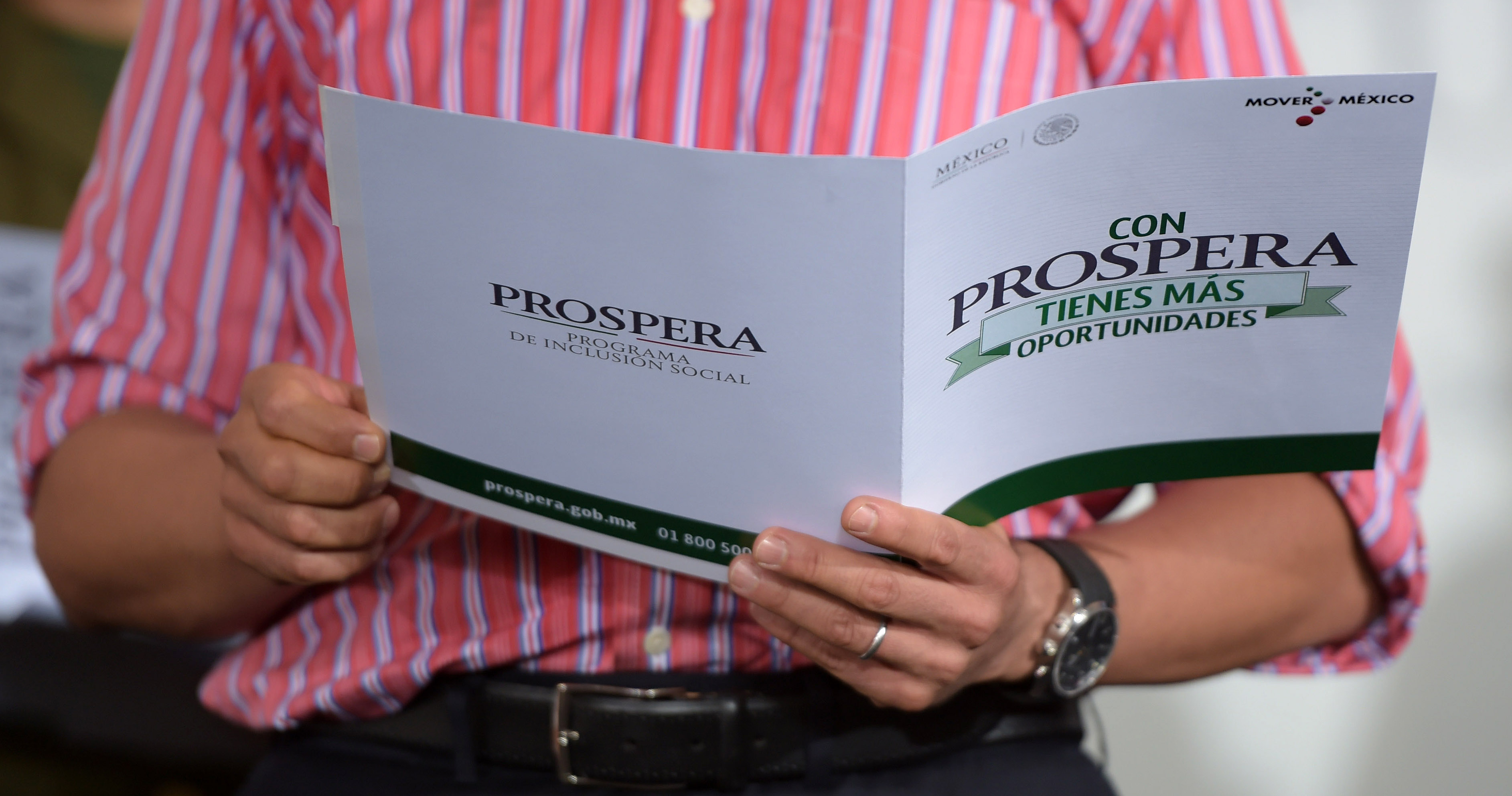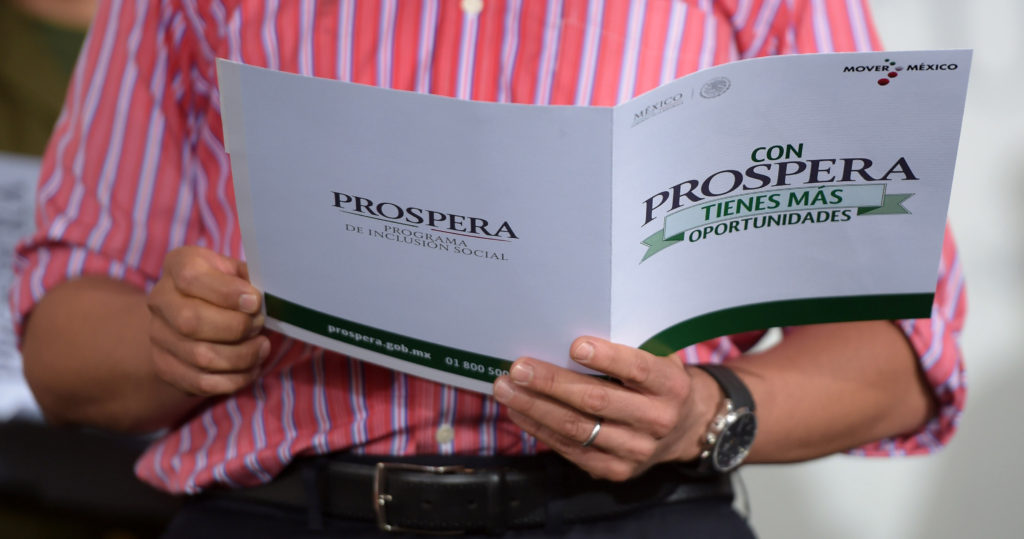Guest post by Jeff Mosenkis of Innovations for Poverty Action.
- First, the University of Chicago Harris School of Public Policy has a new Obama Scholarship, which will pay (full tuition plus, travel costs and living stipend) for professional policy folks from anywhere in the world to get a 1-year mid-career masters there. It’s open to people from all sectors working for the public good with 3-5 years of work experience and a strong track record. Please forward to colleagues and friends who might be interested.
- David McKenzie has a nice summary from a recent conference on the latest on artificial intelligence and machine learning as useful analytic tools in development research.
- Also David’s Development Impact blog links are really interesting this week, including a massive farm experiment in China that helped a lot of people.
- In 2017 36 states had pending laws encouraging or requiring financial literacy training, usually among the young, such as in schools, or the poor. States like Wisconsin and Florida are putting them into school curricula. In Colorado, prisoners exonerated of crimes and owed payments by the state must complete a personal financial management class first. Kentucky is now considering financial literacy training as a requirement for Medicaid. This all despite a mountain of research showing financial literacy programs generally don’t work.
- Jobs:
- The Hewlett Foundation is looking for several program officers, including in their Global Development and Population Program.
- Evidence Action is looking for an implementation director for their successful “No Lean Season” program in Bangladesh, which helps subsidize farmers who want to find temporary work in the city during the off season. The program’s been successfully RCTed by IPA, and named as a GiveWell top charity, but Evidence Action wants to really put it through its paces and test for things like unintended consequences before scaling it up.
- In The Atlantic Derek Thompson cites a new NBER paper by Kugler and Rojas about the Mexican conditional cash transfer program Prospera to argue that the debate over whether cash benefits make people lazy is irrelevant. (Important background, Prospera had a randomized component to it, allowing it to be studied with much greater confidence). They tracked children who are now adults, and found that those whose families received benefits had an average of 3 years more schooling, and went on to work more hours and earn higher wages as adults. Regardless of what you think about the morals of parents receiving benefits, the positive long-term effects on children should be part of the equation. (h/t Rebecca Rouse).
- Seema Jayachandran uses great writing, national data, and clever methodology to explain the problem of 21 million unwanted girls in India.
- And, I’m pretty sure the first two months of that UChicago policy scholarship above are going to be spent trying to undo the damage from the Utah State House of Representatives attempting to rap how a bill becomes a law to the Fresh Prince of Bel Air theme.



3 Responses
Hi.. Thanks a lot for sharing This great news.. i also share this news
Thank you for the news, I’m sharing this to my social media accounts.
Essays Author
UChicago policy scholarship above are going to be spent trying to undo the damage from the Utah State House of Representatives attempting to rap how a bill becomes a law to the Fresh
golu dolls
golu dolls
golu dolls